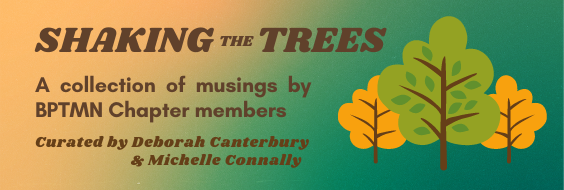A Thousand Mile Walk to the Gulf by John Muir: Writings compiled by John Bade
A Book Review by BPC Librarian, Linder O’Rourke
John Muir is known as the “father of our national parks” and is one of America’s greatest voices for the preservation of our wilderness. This short narrative about his walk from New England to the southern states in America which he called his “foot-tour” is beautifully chronicled and illustrated. He planned extensively for his botanical journey through several states and wrote to friends about his anticipated “botanizing”. He was eager to see the Illinois prairies and he confessed that for many years he was “impelled towards the Lord’s tropic gardens of the South” (Bade viii). His travel journals are full of detailed observations he made while on the march south as he was sleeping “in the great bedroom of the open night” (Bade17).

Muir was very religious and much of his style uses Biblical phraseology. His first impressions of life on the roads and trails of America are fresh and reveal his passion for Nature and his enduring interest in the habits of people. He felt pushed to leave his job in a wagon factory so he could devote the rest of his life to studying God’s creations in the natural world. He had already “botanized” in northern and mid-Western states and was eager to explore the southern ones. As he collected, he sent specimens to his brother who kept them organized. He left Indianapolis on September 1, 1867 and walked south through Kentucky, Tennessee, Georgia to Florida with hopes of visiting Cuba and South America. He camped in meadows, forests and cemeteries; he writes of traveling alone and enduring great stretches of silence and loneliness comforted by the beauty of Nature. He deliberately took “the least trodden way” (Bade 1). Like Walt Whitman he traveled the county with no set itinerary hoping for and often finding bed and board from generous Americans. The people and places Muir encountered give a delightful and detailed picture of mid-19th century America. Farmers and townsfolk invited him into their homes and establishments and fed and sheltered him as if he was a long-lost friend; he entertained them with stories of his glorious natural discoveries. In Florida he contracted a fever, probably malaria, which cut his plans short. Like many modern Americans, Muir knew in 1867 that most Americans knew very little about the life of plants and their importance to the land and the people who lived on it. It was his personal goal to share his vision of the beauty and importance of Nature with his fellow Americans. This is a quick easy read that will enlighten the reader about the history of American environmentalism and its earliest practitioner.



